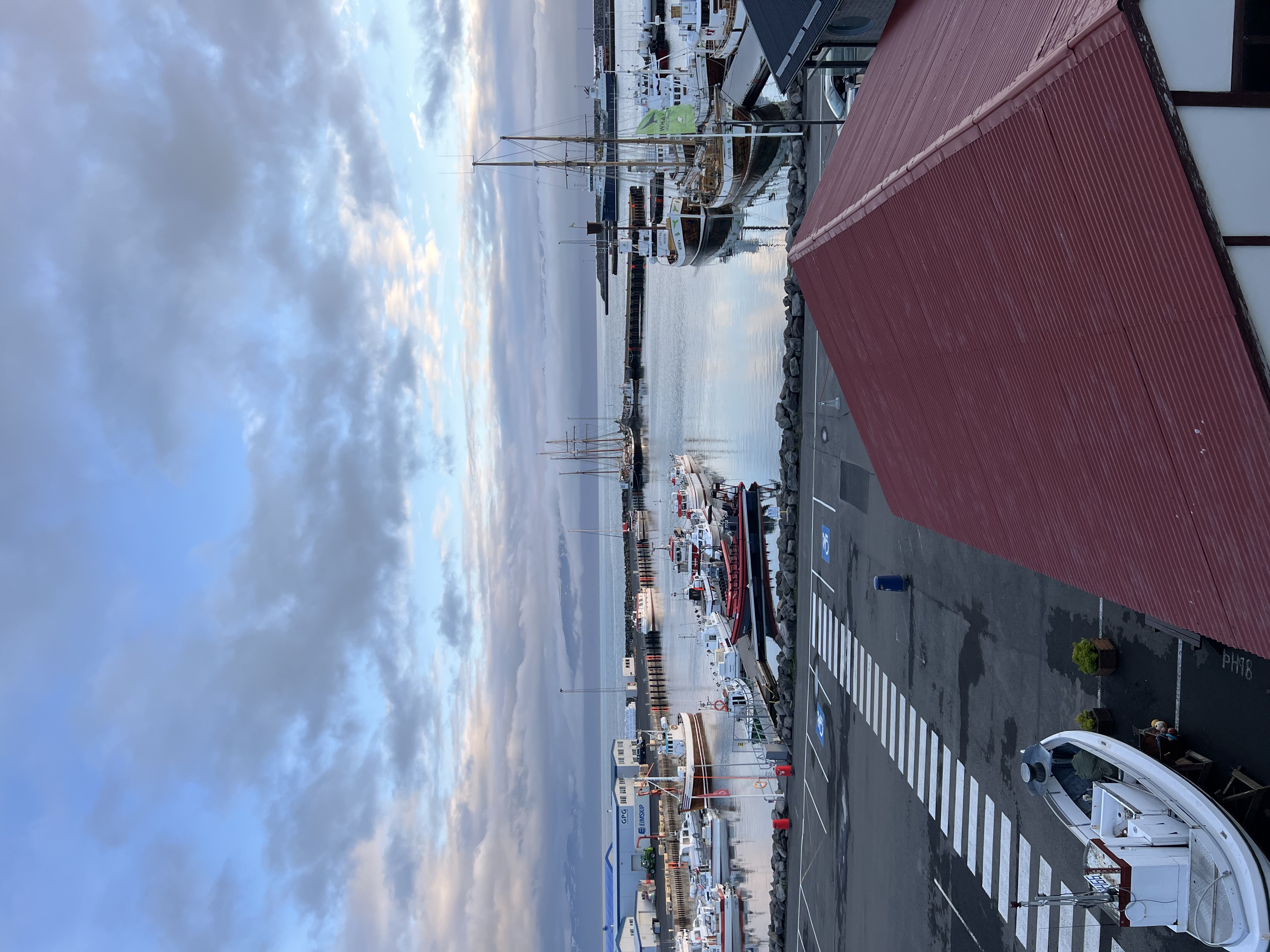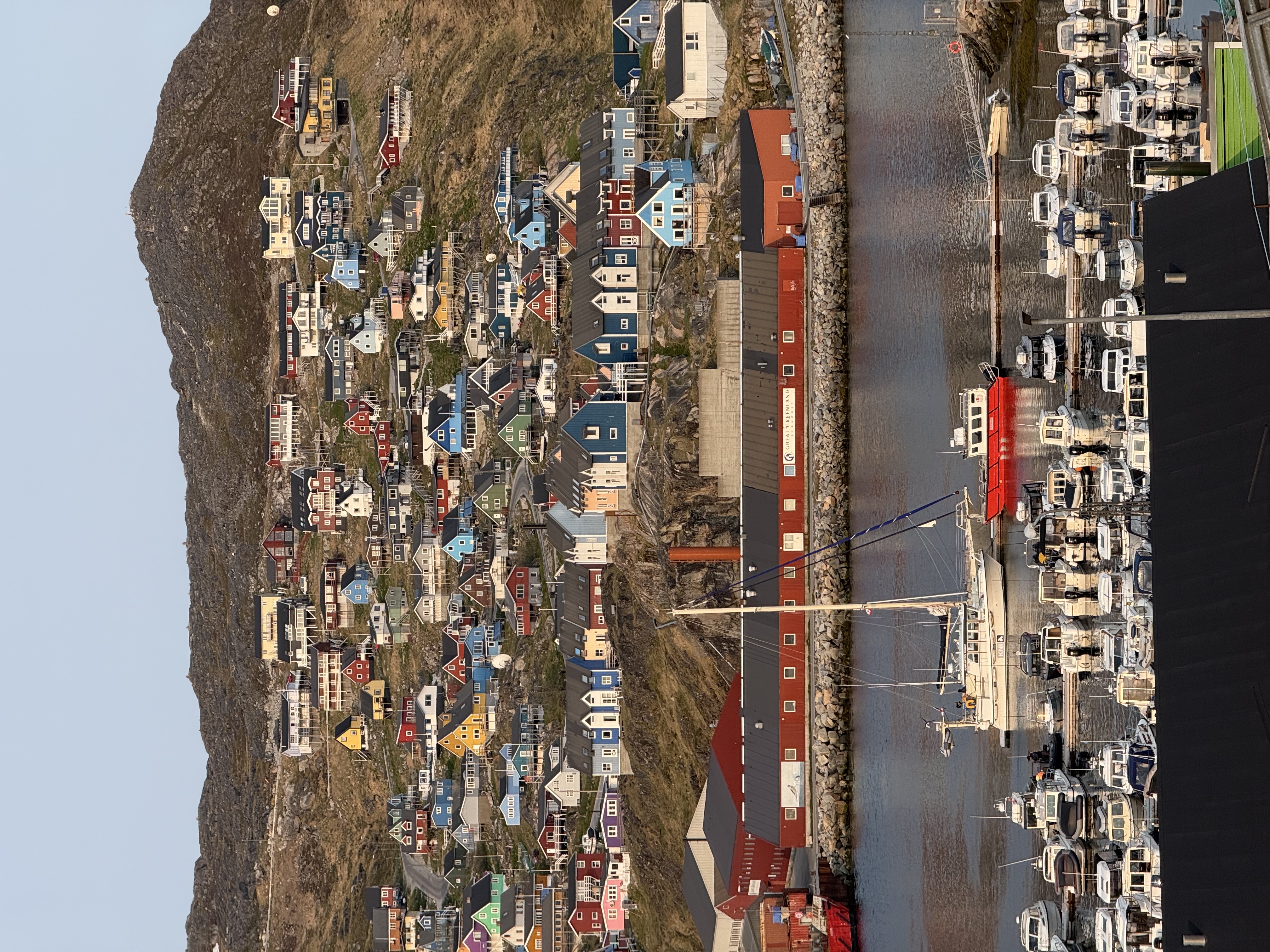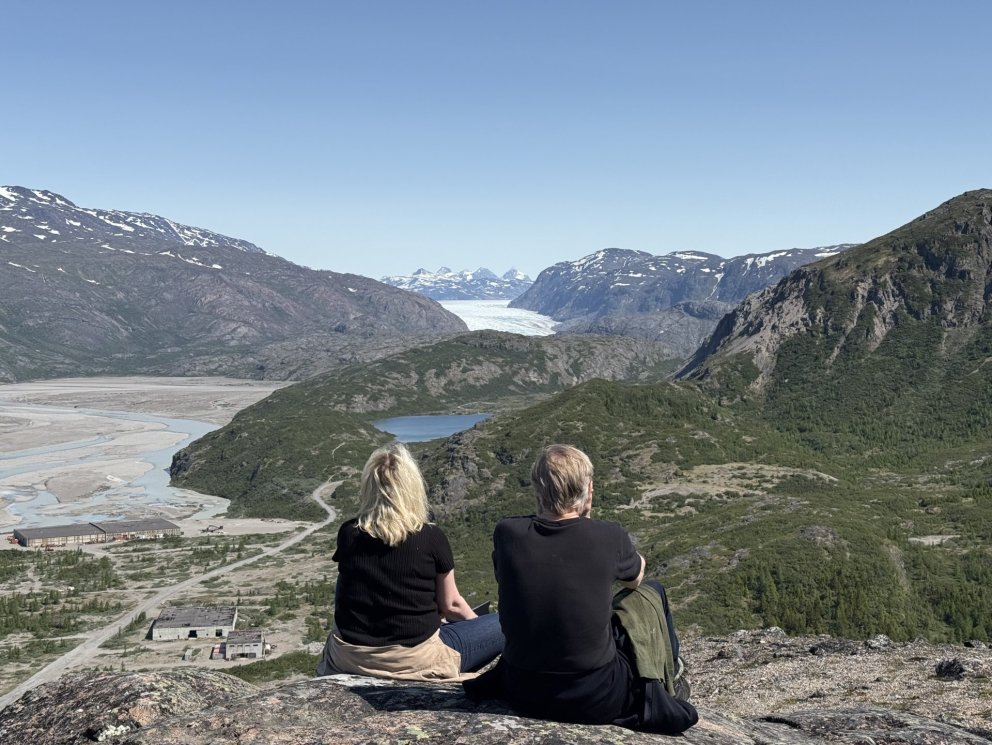ICEBERG: Notes from the Field
In May and June 2025, the ICEBERG project returned to Northeast Iceland and South Greenland for its second fieldwork period. The Stefansson Arctic Institute is one among 16 partner institutions in the ICEBERG project, which is funded by the European Union and led by Dr. Thora Hermann (science coordinator) and Dr. Élise Lépy (project manager) at the University of Oulu, Finland.
ICEBERG, which in addition to Iceland and Greenland also includes field sites in Svalbard, is an interdisciplinary, field-based research project on climate change, pollution and adaptation in Arctic coastal communities. The project employs a knowledge co-production approach, collaborating with local communities to co-create solutions (see arctic-iceberg.eu).
During the week of May 25 to 31, Jón Haukur Ingimundarson, Þórný Barðadóttir and Helga Númadóttir at the Stefansson Arctic Institute greeted their fellow researchers in Northeast Iceland for a productive fieldwork in Akureyri and Húsavík. On June 3rd, Joan Nymand Larsen, Jón Haukur Ingimundarson and Helga Númadóttir began their journey to South Greenland, where they reunited with other ICEBERG researchers for busy weeks of fieldwork in Qaqortoq and Nanortalik.
During their time in Iceland and Greenland, ICEBERG researchers engaged in observations and consultations with local communities, gathering information on perceived changes, impacts, risks, and vulnerabilities related to pollution and climate change. They met with various local stakeholders, including those in education, tourism, industry, municipal authorities, hunters, and craftspeople. The team conducted surveys and interviews, hosted a focus group with women, offered a training session on interactive mapping tools, and prepared for upcoming scenario workshops with community members to collaboratively develop future visions and strategies to mitigate pollution.
This second field period, the ICEBERG team built upon the work and consultations conducted during last year's field season, collecting valuable data and deepening collaboration with local partners. This aspect of the project is essential to ensure that efforts to foster resilience and adaptability in the face of change are responsive to the realities on the ground. A fruitful collaboration with local communities contributed to a successful second field period in both Iceland and Greenland.


